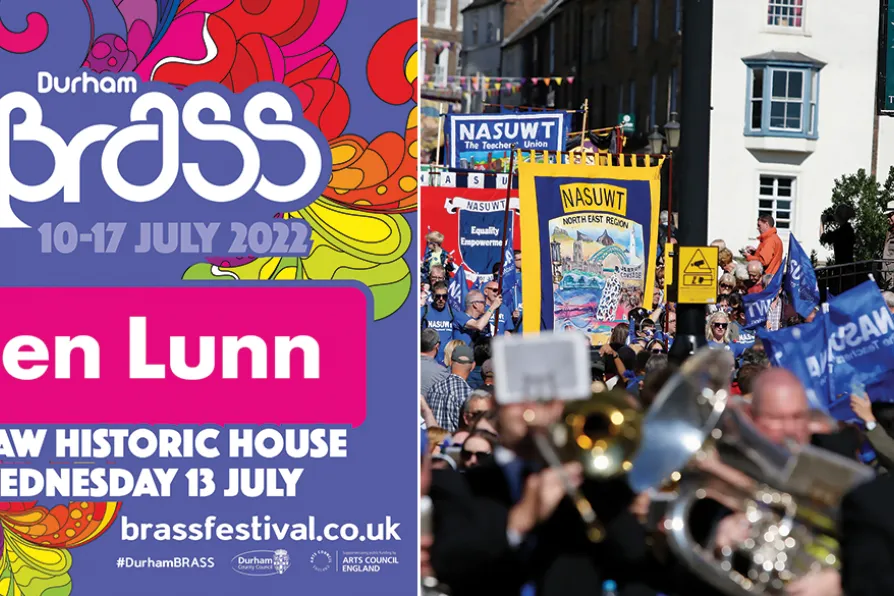RITA DI SANTO draws attention to a new film that features Ken Loach and Jeremy Corbyn, and their personal experience of media misrepresentation

 Brass bands and banners parade through Durham during the Durham Miners' Gala in 2017
Brass bands and banners parade through Durham during the Durham Miners' Gala in 2017
THIS time last year, the late great Morning Star arts editor Cliff Cocker wanted me to use my monthly feature to discuss a piece I was commissioned by Durham Brass Festival to compose.
Sadly, a few weeks before the premiere was due, Covid meant the festival was cancelled — and in turn I wrote a different article to fill its place. Sadly too, as regular readers will know, we lost Cliff a few months later, and I didn’t get the opportunity to share with him that side of my work he was extremely eager to support.
However, cogs have turned, and the Earth has made its celestial journey around the sun and we are quickly approaching Durham Brass Festival again, and I felt it was ideal to use my feature in the star to write an article Cliff wanted.

ANN HENDERSON on the exciting programme planned for this summer’s festival in the Scottish capital

The bard gives us advance notice of his upcoming medieval K-pop releases












